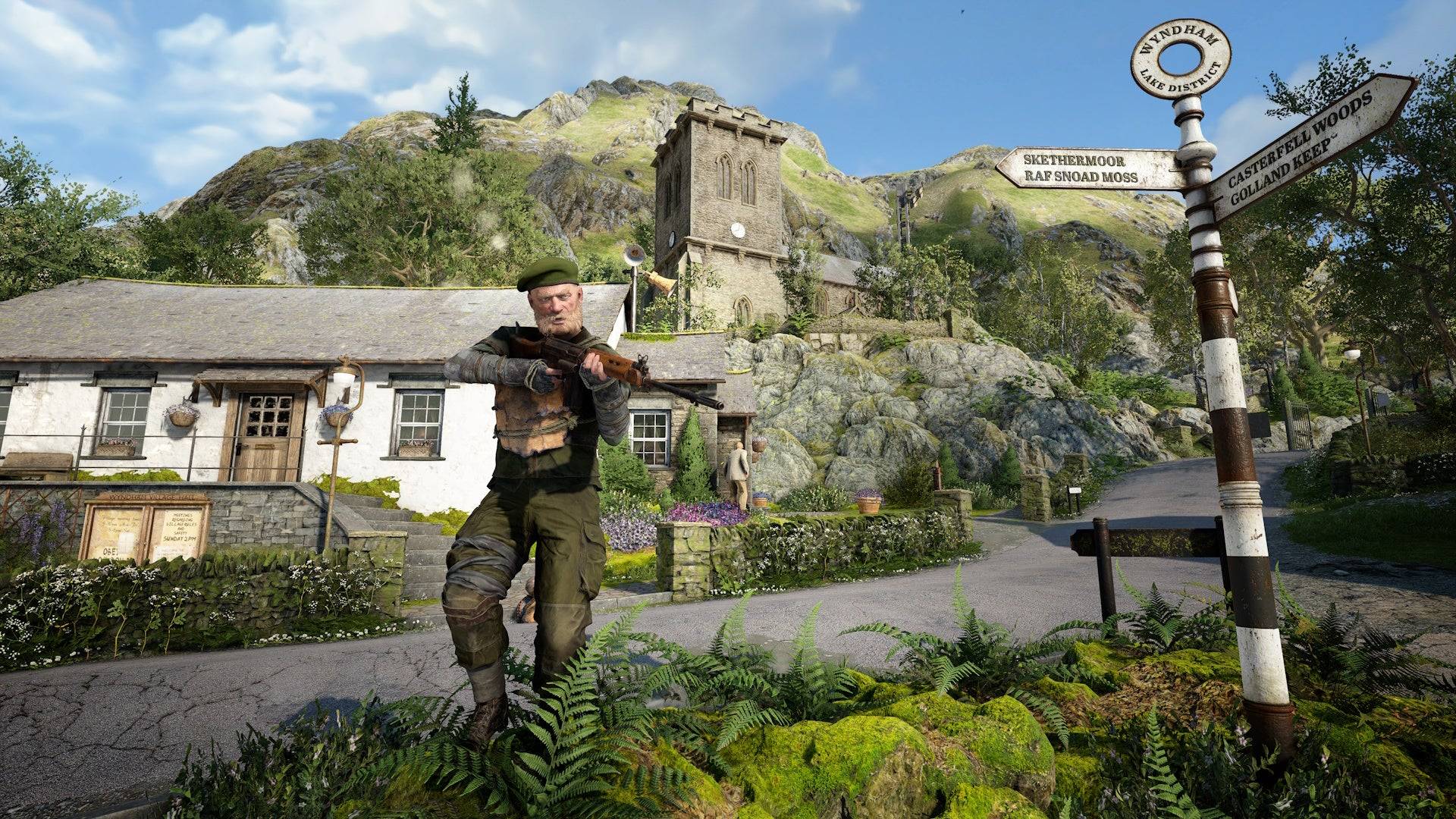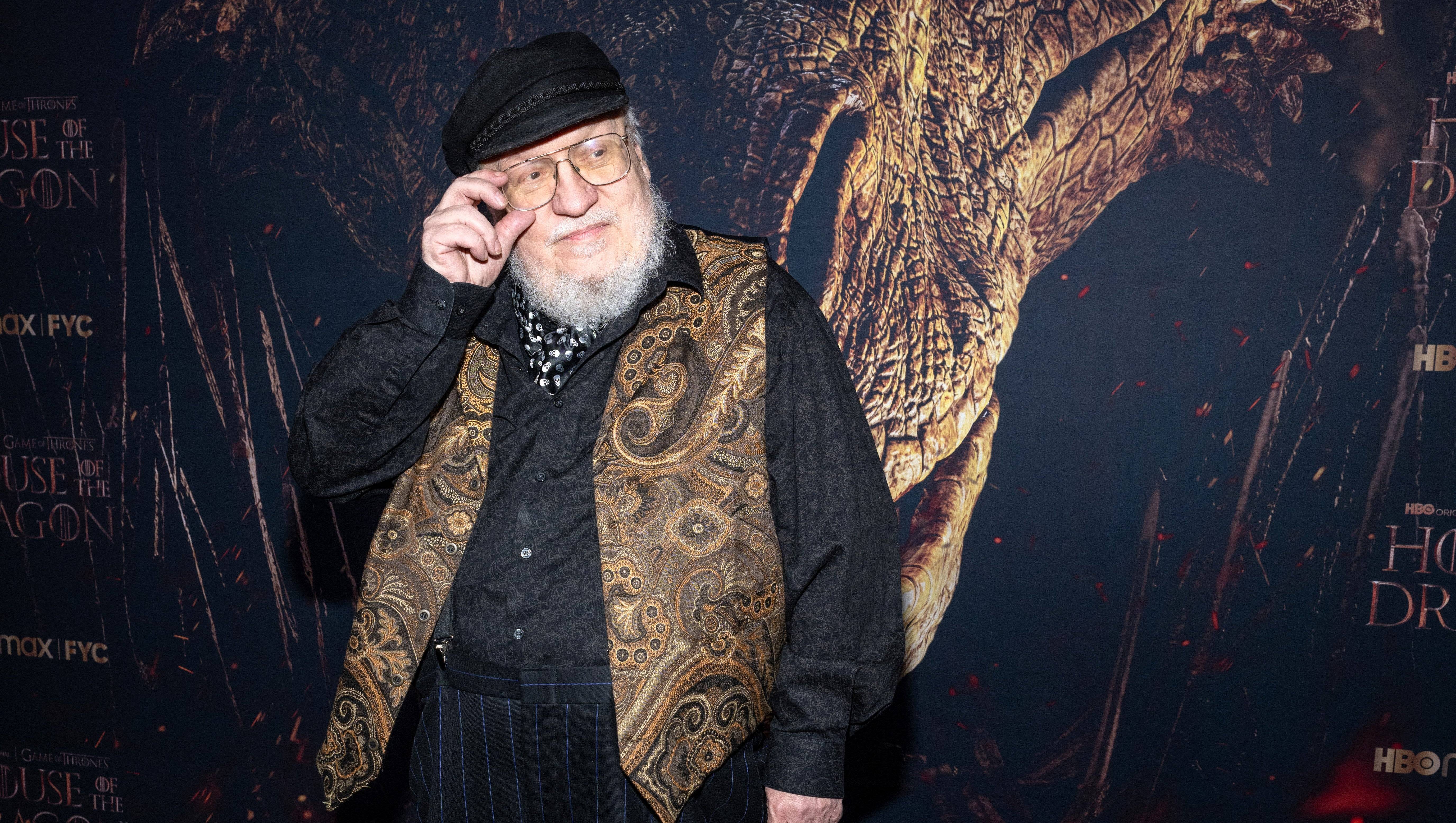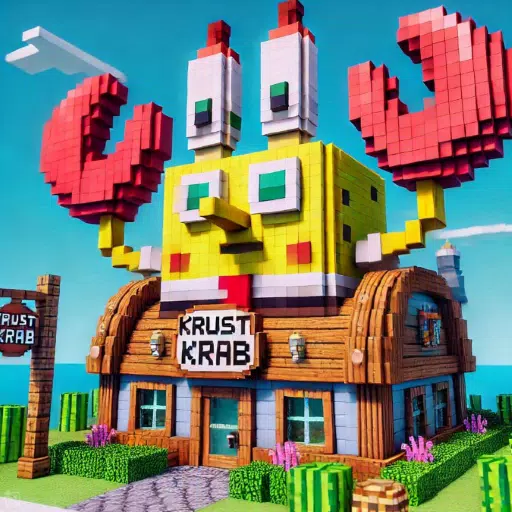
Yasuhiro Anpo, the director behind the acclaimed remakes of Resident Evil 2 and Resident Evil 4, shared insights into the decision-making process that led to the revitalization of the 1998 classic. He explained that the project was greenlit due to the fervent demand from fans eager to see the game restored to its former glory. As Anpo stated, "We realized: people really want this to happen". This sentiment was echoed by producer Hirabayashi, who decisively said, "Alright, we'll do it".
Initially, the development team contemplated beginning with Resident Evil 4. However, after thorough discussions, they acknowledged that the game, released in 2005, was already nearly perfect and highly praised. Making changes to such a revered title posed significant risks. Consequently, the team shifted focus to an earlier installment that was in greater need of modernization. To better align with fan expectations, the developers also examined fan projects, gaining valuable insights into what the community desired.
Despite Capcom's confidence, doubts lingered among fans even after the successful release of the Resident Evil 2 and Resident Evil 3 remakes, and the announcement of the next project. Many argued that Resident Evil 4, unlike its predecessors, did not require the same level of updating. While Resident Evil 2 and Resident Evil 3, which debuted in the 1990s on the original PlayStation, featured outdated mechanics such as fixed camera angles and cumbersome controls, Resident Evil 4 had revolutionized the survival horror genre upon its 2005 release.
Despite these concerns, the Resident Evil 4 remake successfully captured the essence of the original while enhancing gameplay and narrative elements. The commercial success and overwhelmingly positive critical reception validated Capcom's approach, demonstrating that even a game considered almost sacrosanct could be respectfully reimagined with a creative touch.















